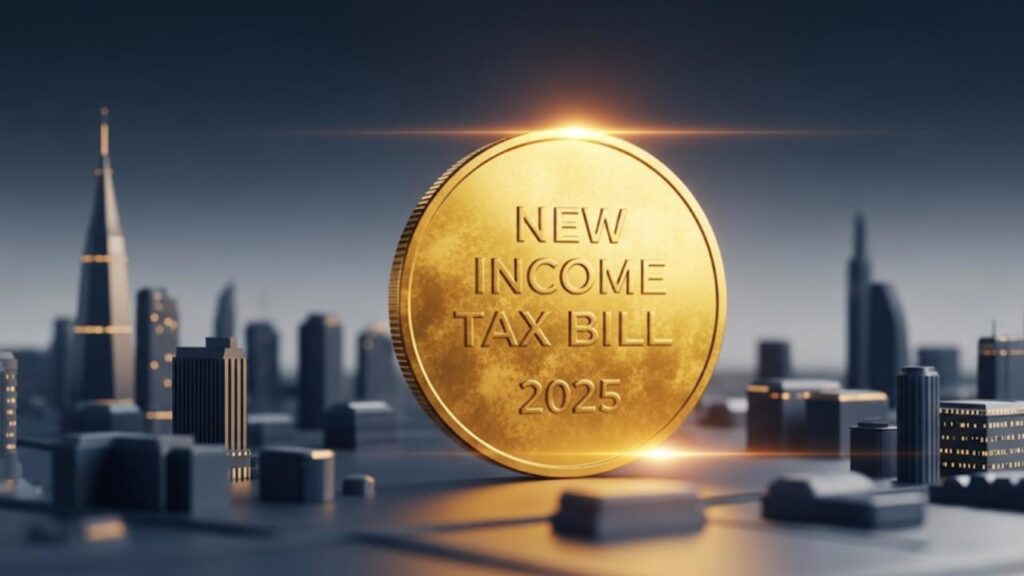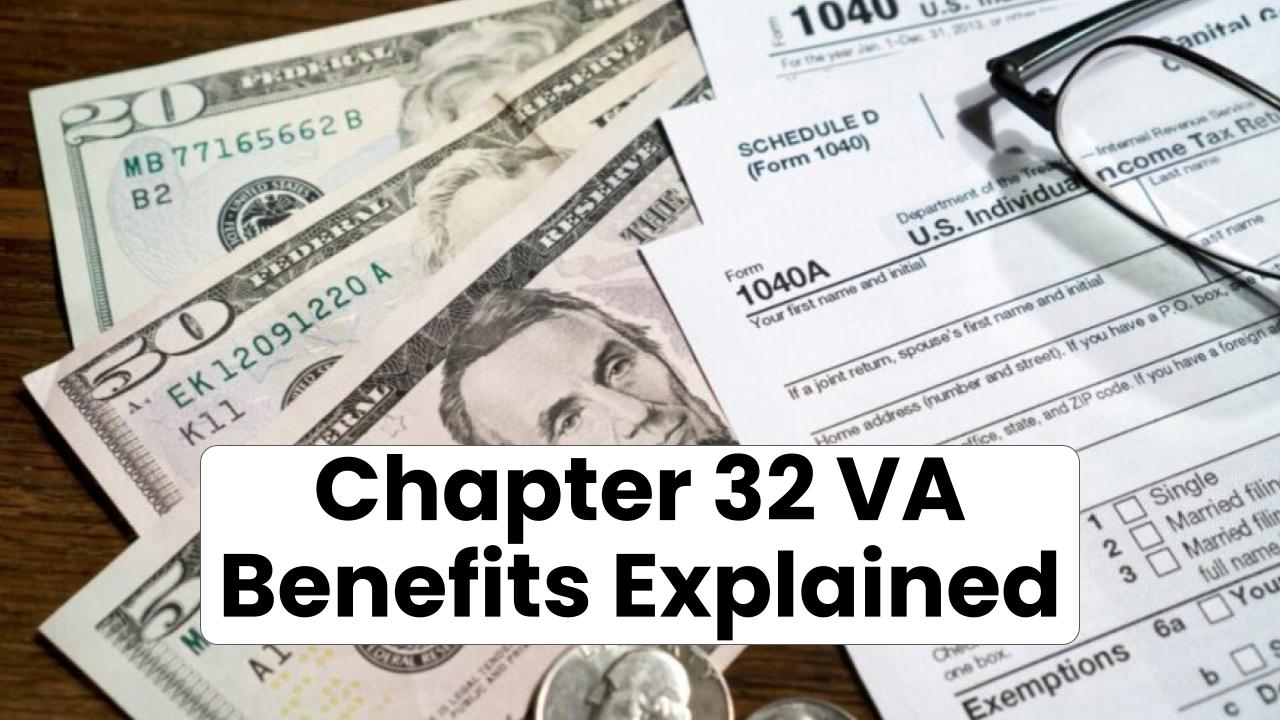Filing your taxes can be stressful. If you’ve missed the deadline for filing your tax return, you might think you’re out of luck. But the new Income Tax Bill 2025 might surprise you. One of the most important revelations in the bill is the possibility that you might still get a refund even if you file your Income Tax Return (ITR) after the deadline. So, what’s going on with this new change? Let’s break it down and see what this means for you.

Whether you’re an individual taxpayer, a small business owner, or just someone trying to make sense of tax changes, understanding how this late filing rule works could save you money and stress. In this article, we’ll dive into the details of the Income Tax Bill 2025, how late filings might not automatically cost you your refund, and what you can do to avoid unnecessary penalties.
New Income Tax Bill 2025 Revealed
| Topic | Key Data and Facts |
|---|---|
| Late Filing & Refunds | You may still get a refund if you file late, under certain conditions. |
| Proposed Changes in Tax Filing | Removal of clauses that penalize refunds for late filing. |
| Refund Eligibility | Must have taxes deducted at source (TDS) and income below taxable limit. |
| Extended Filing Deadlines | September 15, 2025, for most individual taxpayers. |
| TDS and NIL TDS Certificates | New NIL TDS certificates for eligible individuals to simplify filing. |
The Income Tax Bill 2025 brings a welcome change for taxpayers, especially for those who may miss the filing deadline. Instead of losing out on refunds, you might still be eligible to get your money back—if your income is below the taxable threshold and TDS has been deducted. Make sure to file your return as soon as possible, double-check for any mistakes, and keep an eye on official guidelines for the most up-to-date information.
Understanding these changes can save you time and money, making tax season a lot less stressful. So, next time you’re worried about filing late, remember—thanks to the Income Tax Bill 2025, you may still have a chance at a refund.
The Background of the Income Tax Bill 2025
The Income Tax Bill 2025 is a long-awaited reform in India’s tax system, designed to replace the Income Tax Act of 1961. One of the main goals of the new bill is to simplify tax filing, reduce confusion, and make the entire process more user-friendly for both taxpayers and authorities.
In previous years, filing your taxes after the deadline meant not only losing out on potential refunds but also incurring penalties and interest. However, the new bill aims to alleviate these penalties for small taxpayers who might have missed the due date. As long as you meet certain conditions, you might still be eligible for a refund even if you file your return late.
Why Did They Make These Changes?
Before the bill was introduced, taxpayers who filed late were often disqualified from getting a refund. This was especially harsh for those who were expecting a refund due to tax deducted at source (TDS) or other eligible deductions. With this new reform, the government has recognized that small taxpayers sometimes miss deadlines due to unforeseen circumstances, and penalizing them in such cases didn’t seem fair.
What Does This Mean for You?
If you’ve missed the filing deadline and are concerned about losing out on a refund, the Income Tax Bill 2025 is good news for you. Here’s a breakdown of the key points to keep in mind:
- Late Filing No Longer Equals Loss of Refund: If you file your tax return late but your income is below the taxable limit and TDS has been deducted, you can still receive your refund. This is a huge relief for many taxpayers who have been penalized in the past.
- Penalties for Non-Compliance Still Apply: While the refund clause has been relaxed, you may still face penalties for other issues like incorrect filing or tax evasion. So, it’s important to make sure everything is accurate when you submit your ITR, even if it’s late.
- Eligibility Criteria: To qualify for a refund, your income must fall below the taxable threshold, and taxes must have been deducted at source (TDS) from your salary or income. This makes it particularly beneficial for employees who have taxes deducted from their salaries but file late.
- The Big Relief for Small Taxpayers: For individuals who don’t owe a lot of taxes but are still expecting a refund, this new bill can save you from a significant loss. Instead of facing a total loss of refund due to a late submission, you’ll have a fair chance of getting it back.
How Can You File Late and Still Get a Refund?
Now that we know the Income Tax Bill 2025 allows you to potentially get a refund even after filing late, let’s go through some practical steps to make sure you follow the right process.
Step 1: Make Sure Your Taxes Are Paid
Before anything else, make sure your taxes have been deducted at source (TDS). This is especially important if you are an employee who gets taxes deducted directly from your salary. Without TDS, you will not qualify for a refund. You can check your Form 26AS to confirm that the TDS has been credited to your account.
Step 2: File Your Return as Soon as Possible
Even if you miss the deadline, it’s still important to file your return as soon as you can. Filing it late could still result in some penalties or interest, so it’s best to avoid dragging your feet. Remember, the sooner you file, the sooner you can potentially receive your refund.
Step 3: Double-Check for Errors
Tax filing isn’t something you should rush through, especially when it’s late. Double-check everything in your ITR for accuracy. Missing information or incorrect deductions can cause delays or even result in penalties. If you aren’t sure, you may want to consult with a tax expert to ensure your return is filed correctly.
Step 4: Stay Updated on Filing Deadlines
For the Assessment Year 2025-2026, the deadline for filing ITRs has been extended to September 15, 2025. This gives you extra time to get everything in order and avoid penalties.
Step 5: Monitor the Status of Your Refund
Once you’ve filed your return, monitor the status of your refund using the Income Tax Department’s e-filing portal. You can also track your refund status through the Income Tax Department’s Refund Status Portal for up-to-date information.
What’s New About TDS and NIL TDS Certificates?
In addition to the changes related to late filing, the Income Tax Bill 2025 introduces new rules for TDS certificates. Here’s what you need to know:
- NIL TDS Certificates: The bill proposes a NIL TDS certificate system for taxpayers who are eligible. This means you won’t have to go through the hassle of applying for the certificate every year, simplifying the process for many taxpayers.
- Streamlined Process: The integration of digital tools in the new tax system will make it easier for individuals and businesses to get their TDS certificates online and avoid unnecessary paperwork.
FAQs
1. What happens if I miss the tax filing deadline in 2025?
If you file late but your income is below the taxable limit and taxes have been deducted at source (TDS), you may still receive your refund. However, you may face penalties or interest for the late filing.
2. Can I file my taxes late and still get a refund?
Yes, the Income Tax Bill 2025 allows refunds even for late filings, provided you meet the eligibility criteria such as having TDS deducted.
3. What are the new deadlines for tax filing?
For the Assessment Year 2025-2026, the final deadline for filing individual ITRs is September 15, 2025.
4. How do I know if I’m eligible for a NIL TDS certificate?
Eligibility for the NIL TDS certificate will depend on your income and tax status. Check with the Income Tax Department for detailed guidelines on eligibility.








